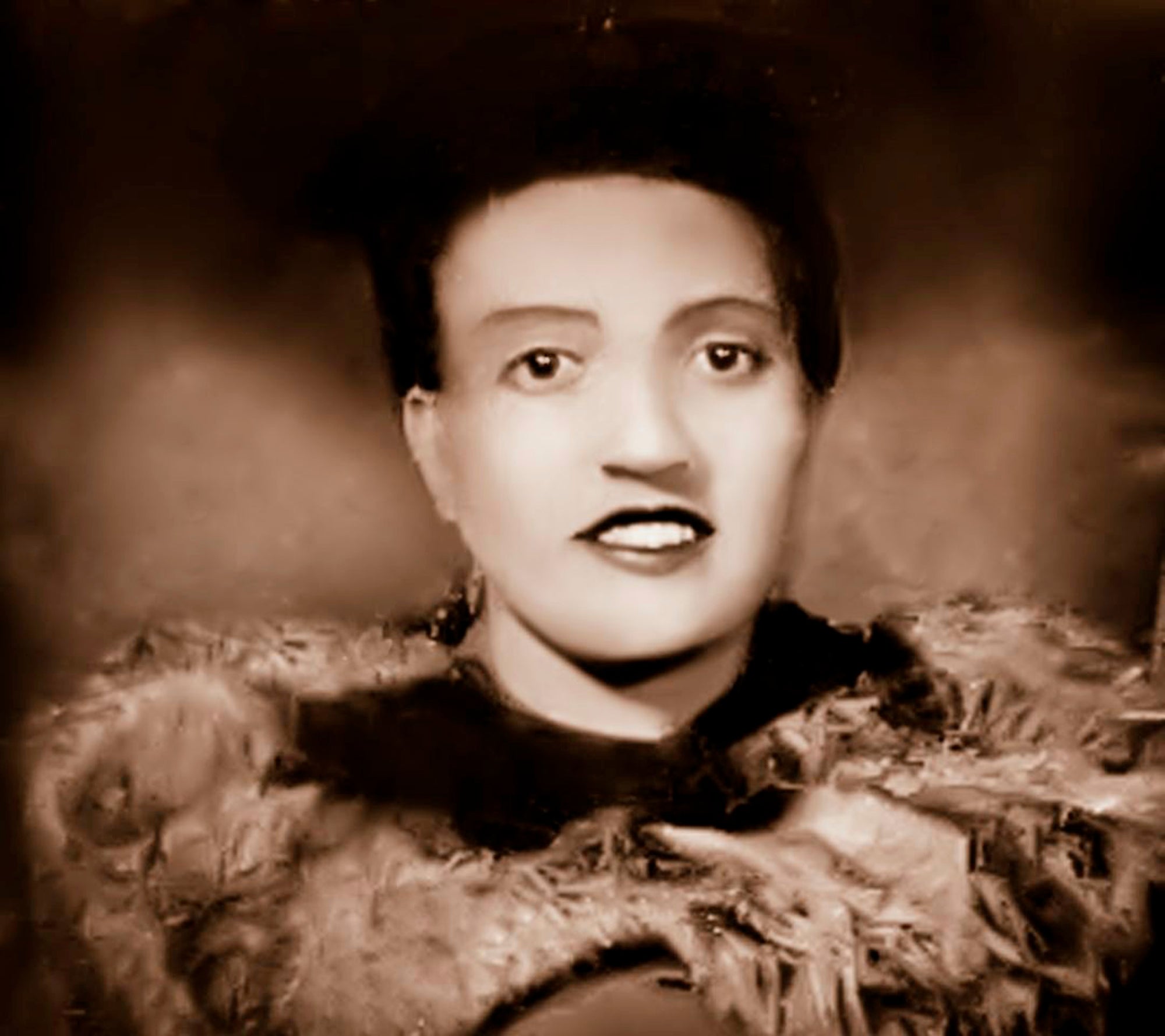WHO honors Henrietta Lacks, woman whose cells served science
The chief of the World Health Organization has honored the late Henrietta Lacks, an American woman whose cancer cells ended up providing the foundation for vast scientific breakthroughs, including research about the coronavirus

Your support helps us to tell the story
From reproductive rights to climate change to Big Tech, The Independent is on the ground when the story is developing. Whether it's investigating the financials of Elon Musk's pro-Trump PAC or producing our latest documentary, 'The A Word', which shines a light on the American women fighting for reproductive rights, we know how important it is to parse out the facts from the messaging.
At such a critical moment in US history, we need reporters on the ground. Your donation allows us to keep sending journalists to speak to both sides of the story.
The Independent is trusted by Americans across the entire political spectrum. And unlike many other quality news outlets, we choose not to lock Americans out of our reporting and analysis with paywalls. We believe quality journalism should be available to everyone, paid for by those who can afford it.
Your support makes all the difference.The chief of the World Health Organization on Wednesday honored the late Henrietta Lacks, an American woman whose cancer cells were taken without her knowledge during the 1950s and ended up providing the foundation for vast scientific breakthroughs, including research about the coronavirus.
The recognition from WHO Director-General Tedros Adhanom Ghebreyesus came more than a decade after the publication of “The Immortal Life of Henrietta Lacks,” Rebecca Skloot's book about the discrimination in health care Black Americans faced, the life-saving innovations made possible by Lacks' cells and her family's legal fight over their unauthorized use.
“What happened to Henrietta was wrong,” Tedros said during a special ceremony at WHO Geneva headquarters before handing the Director-General’s Award for Henrietta Lacks to her 87-year-old son Lawrence Lacks as several of her other descendants looked on.
Lacks died of cervical cancer on Oct. 4, 1951 at age 31. The tissue taken from her at Johns Hopkins Hospital in Baltimore provided the first human cells to be successfully cloned. Reproduced infinitely ever since, HeLa cells have become a cornerstone of modern medicine, including the development of the polio vaccine, genetic mapping and even COVID-19 vaccines.
Tedros noted that Lacks lived at a time when racial discrimination was legal in the United States and that it remains widespread, even if no longer legal in most countries.
“Henrietta Lacks was exploited. She is one of many women of color whose bodies have been misused by science,” he said. “She placed her trust in the health system so she could receive treatment. But the system took something from her without her knowledge or consent."
“The medical technologies that were developed from this injustice have been used to perpetuate further injustice because they have not been shared equitably around the world,” Tedros added.
The HeLa cell line — a name derived from the first two letters of Henrietta Lacks’ first and last names — was a scientific breakthrough. Tedros said the cells were “foundational” in the development of human papillomavirus (HPV) vaccines, which can eliminate the cancer that took her life.
As of last year, WHO said, less than 25% of the world's low-income countries and fewer than 30% of lower-middle-income countries had access to HPV vaccines through national immunization programs, compared to over 85% of high-income countries.